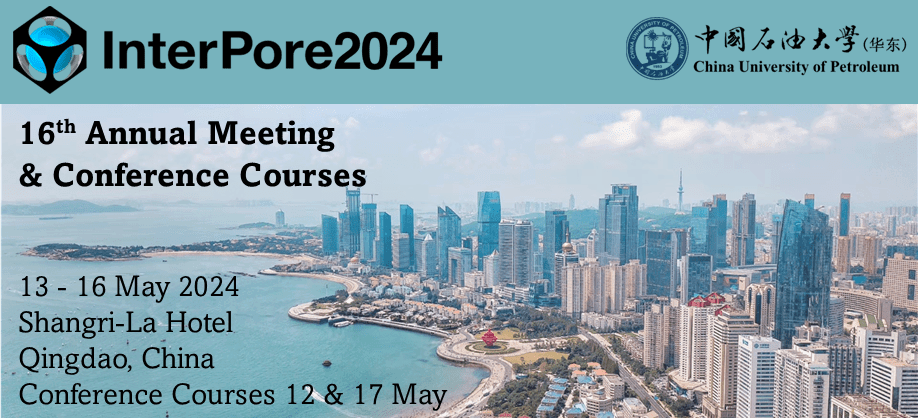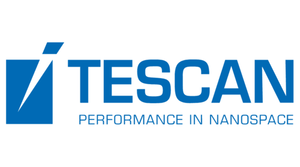Speaker
Description
The presence of hard data in geostatistical modeling and optimization problems is important in performing efficient parameter estimation. The hard data at specified points in the model domain serve as a guide in optimizing the unknown parameters to follow the patterns of the hard data. Recently, a novel approach to solving hydrogeologic/reservoir modeling problems has emerged by using deep generative models, specifically generative adversarial networks (GANs), to generate realistic and diverse images of channelized aquifers. This subsequently can be coupled with other geostatistical methods to solve parameter estimation problems. This study focused on using an improved GAN, called a progressive growing generative adversarial network (PGGAN), conditioned with hard data to perform parameter estimation of complex facies models by coupling an ensemble smoother with multiple data assimilation (ES-MDA). First, the PGGAN was trained to an image with $128\times128$ resolution in this work. The trained PGGAN was used to generate hydraulic conductivity fields when fed an ensemble of latent variables and hard data. The ES-MDA then was used to update the latent variable with the help of hydraulic head data obtained from the groundwater model. The approach was evaluated by using a synthetic example of the groundwater flow model a reference facies model randomly cut from the training image. Results show that this approach was able to perform efficient estimation of an unknown facies model domain. The results also show that coupling of PGGAN and ES-MDA conditioned to both hard data and hydraulic head data was able to reconstruct the complex channel structures of the randomly cut facies model from the training image and reduce the uncertainty of the predictions.
| Country | United States |
|---|---|
| Conference Proceedings | I am not interested in having my paper published in the proceedings |
| Acceptance of the Terms & Conditions | Click here to agree |




.jpg)
